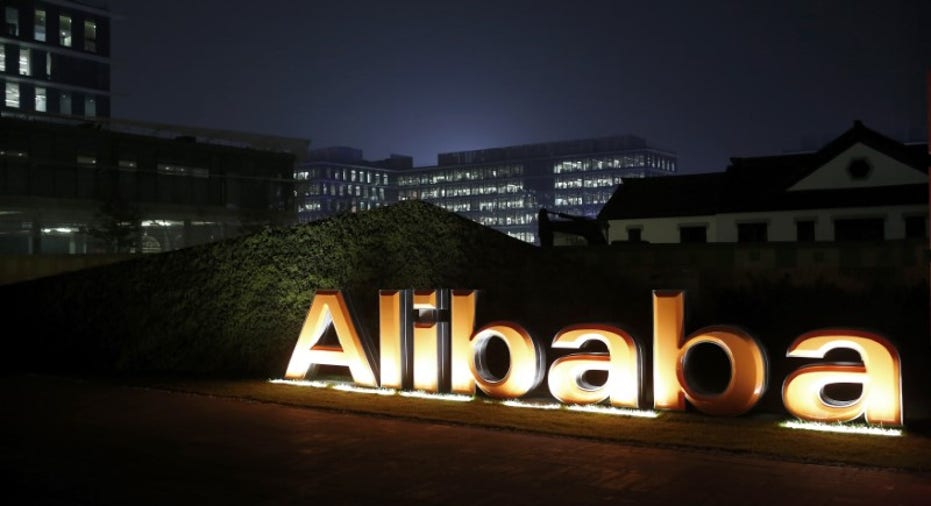Alibaba, in new tack, sues two vendors who it says sold fake watches

HONG KONG – China's Alibaba Group Holding Ltd has sued two vendors it says sold fake Swarovski watches on its Taobao e-commerce platform, its first legal action against counterfeiters amid persistent allegations that fake goods are widely available on its sites.
The news of the lawsuit comes less than two weeks after the United States returned Taobao to its blacklist of "notorious marketplaces" known for the sale of counterfeit and intellectual property rights violating goods after four years off the list.
Alibaba's lawsuit claims 1.4 million yuan ($201,671) in damages for contract and goodwill violations, the company said in a statement on Wednesday. The statement did not name the vendors.
"We want to mete out to counterfeiters the punishment they deserve in order to protect brand owners," the statement quoted Zheng Junfang, Chief Platform Governance Officer of Alibaba Group, as saying.
"We will bring the full force of the law to bear on these counterfeiters so as to deter others from engaging in this crime wherever they are."
Alibaba said it identified the counterfeiters after detecting a merchant selling fake Swarovski watches on Taobao, China's most popular consumer-to-consumer online shopping platform. It then initiated a "test-buy purchase program" to buy a watch, which was later confirmed by Swarovski to be counterfeit.
Calls to the Austrian company for a comment were not answered.
Alibaba said it provided information to the Shenzhen Luohu District police, who subsequently raided the watch seller on August 10, confiscating more than 125 fake Swarovski watches worth nearly 2 million yuan. A second counterfeit Swarovski seller on Taobao was also identified during the action.
Alibaba said the legal action would not be its last, and it had already compiled a list of counterfeiters against whom it would take similar actions.
Alibaba says it takes the fight against fakes seriously and has gone to great lengths to try to rid its online marketplaces of intellectual property rights violators, but critics point out that counterfeits remain prevalent and argue the company has not done nearly enough.
(Reporting by Jessica Macy Yu; Editing by John Ruwitch and Muralikumar Anantharaman)



















